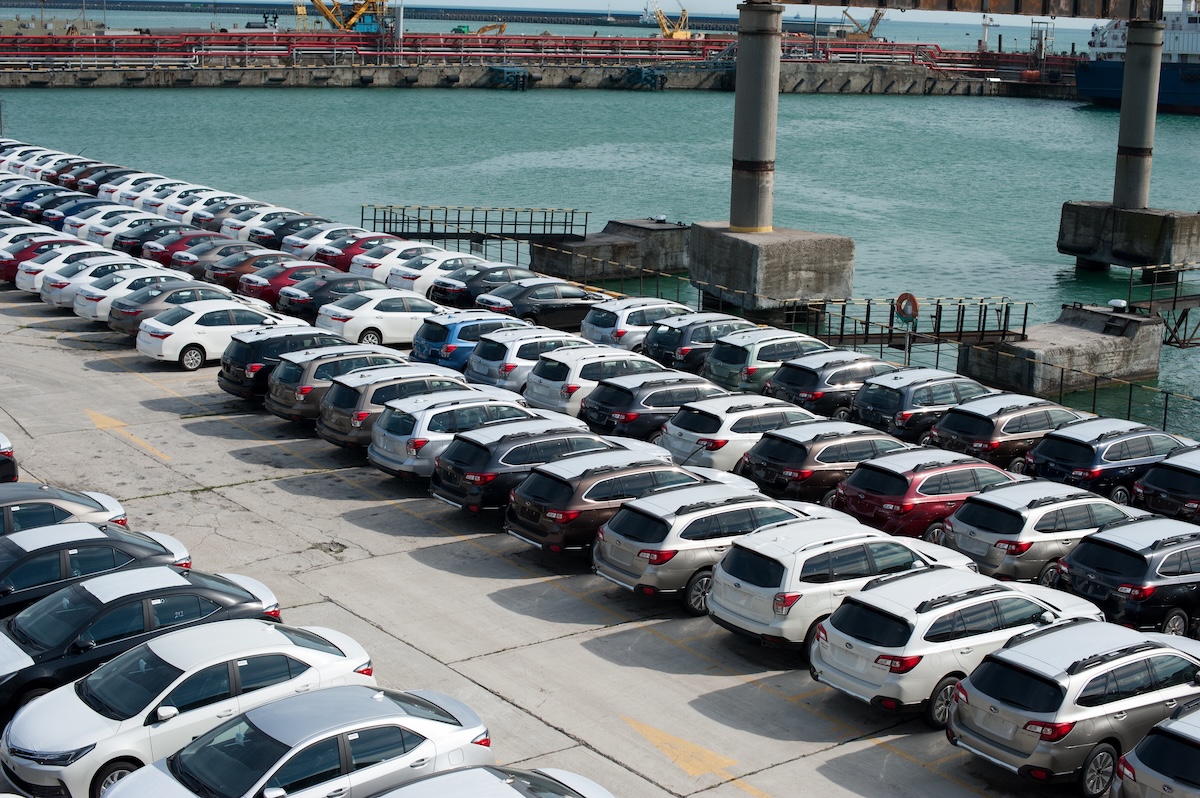
Subaru (FUJHY) just became the latest casualty in Trump’s escalating trade war, announcing price hikes on several models this week due to “market conditions.”
But unlike many of its rivals, Subaru has something they don’t: surprising pricing power in the U.S.
Since Subaru of America confirmed its planned increases on Monday, FUJHY stock has climbed 1.7%. That was a fresh breath of air after a post-earnings dip last week.
While it’s bracing for a hit from new tariffs, Subaru has quietly become one of the most resilient Japanese carmakers in the U.S., according to industry data.
Since 2006, Subaru’s U.S. sales have more than tripled.
April marked the company’s 33rd straight month of sales growth, setting a new record for the Crosstrek, which is now slated for a $750 price hike due to tariffs.
Meanwhile, the BRZ and WRX models will jump by $2,000.
Subaru told Reuters that the price increases “were made to offset increased costs while maintaining a solid value proposition for the customer,” adding that the move is “not based on the country of origin of its products.”
How much the price hikes will dent demand remains to be seen, but so far, the numbers still point up. Subaru’s year-to-date U.S. sales are up 6.8% compared to 2024.
Tariffs threaten the Big Three
While Trump’s tariffs are expected to hit foreign automakers hardest, America’s “Big Three” — GM, Ford, and Stellantis — may not be spared. All three have ceded ground to international rivals for years and now face a pricing dilemma.
Despite their red-white-and-blue branding, all three assemble a significant portion of their vehicles abroad.
General Motors builds only 45% of the cars it sells in the U.S. within American borders. Ford and Stellantis do better, producing 73% to 80% domestically, per Cox Automotive. But that may not be enough.
As InvestorsObserver recently reported, Ford has alerted dealerships to price hikes of up to $2,000 on vehicles like the Bronco and Mustang Mach-E.
The company also withdrew its full-year forecast, warning investors about the broader fallout of a prolonged trade war, including the possibility of losing access to rare earth materials from China.
“This is a problem not just for us, but for the entire industry,” said Ford COO Kumar Galhotra. “It would take only a few parts to potentially cause some disruption in our production.”
Your email address will not be published. Required fields are markedmarked